Until September and October 2019, Streptococcus equi subspecies zooepidemicus had only been reported as causing disease in pigs in Asia. The first US cases with significant mortalities were reported in Ohio and Tennessee in 2019 with subsequent identification in Pennsylvania and Indiana. Now, with a series of very severe S. zoo outbreaks in Canada, the Swine Health Information Center and American Association of Swine Veterinarians will host a webinar on S. zoo on November 29, 2023, from 1 to 2:30 pm CST with US and Canadian experts.
Webinar registration is now open, click here. S. zoo–related topics to be covered on the webinar and speakers include:
S. zoo is a commensal bacterium found in the upper respiratory tract of horses, pigs, and other animals. As an opportunistic pathogen, it has the potential to cause infections in many species. In swine, clinical signs of S. zoo can include weakness, lethargy, fever, and rapidly escalating mortality. Abortion has also been reported. Splenomegaly and lymphadenopathy may be observed at necropsy, and histologically, lesions consistent with septicemia can be observed. In sows and feeder pigs experimentally infected with S. zoo, clinical signs begin within 24 hours post-infection, with severe depression and lethargy noted by 36 hours later. Pigs can also develop neurological disease.
Prevention efforts are aimed at eliminating stress and practicing good biosecurity. Sick pigs should receive appropriate treatment and supportive care to decrease the likelihood of secondary infection. Modes of transmission can be due to direct contact with infected animals. Indirect contact with contaminated equipment, housing, bedding, or clothing, as well as ingestion, can also serve as transmission routes. The pathogen is likely susceptible to common disinfectants like 1% bleach, quaternary ammonium compounds, chlorhexidine, and Virkon® (potassium peroxymonosulfate).
The Swine Health Information Center, launched in 2015 with Pork Checkoff funding, protects and enhances the health of the US swine herd by minimizing the impact of emerging disease threats through preparedness, coordinated communications, global disease monitoring, analysis of swine health data, and targeted research investments. As a conduit of information and research, SHIC encourages sharing of its publications and research. Forward, reprint, and quote SHIC material freely. For more information, visit http://www.swinehealth.org or contact Dr. Paul Sundberg at [email protected] or Dr. Megan Niederwerder at [email protected].
Copyright 2024 | Swinehealth.org | Website by Heartland Marketing Group